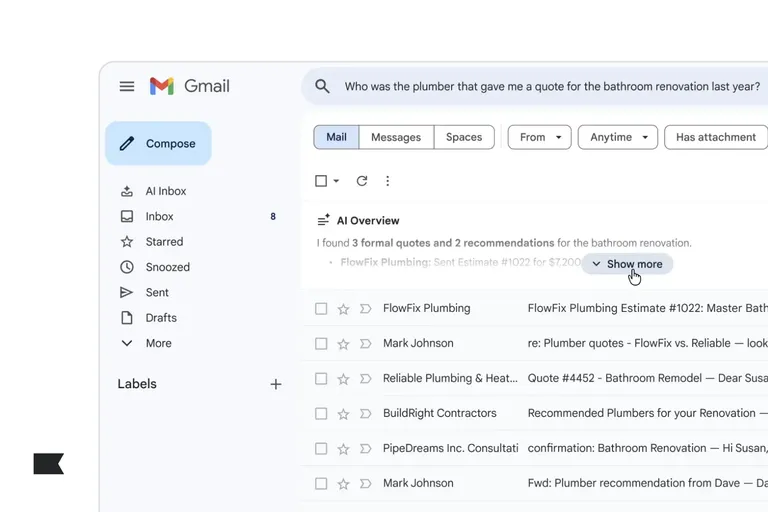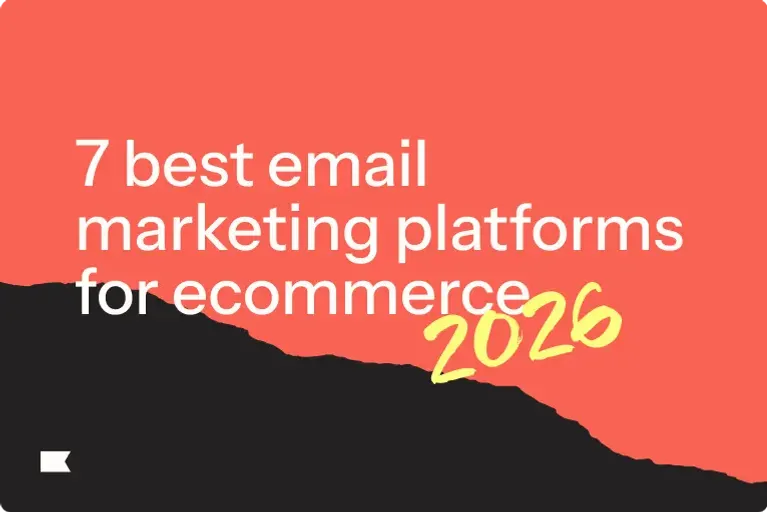Maintaining a solid sender reputation starts with ensuring all the subscribers on your lists are getting your messages because they want to.
Of course, it’s best to avoid sending spam—and when you email a list that’s not based on direct permission, that’s the very definition of unsolicited email.
What does it mean to buy or rent an email list? Simply put, you approach or are approached by a third party who has an email list consisting of an audience you are told is targeted for your industry. They offer to sell or rent you this list either for an unlimited amount of time or for a window of time in an attempt to prospect for new customers.
This is often appealing to a business that is just starting out and looking to grow quickly, or a business that might be looking for a new way to grow their business. But buying/renting a list can have the opposite effect and is not only outside of best business practices, but likely one of the worst practices in the email marketing industry.
Below are just a few reasons why buying or renting a list is never a worthwhile way to market to prospects and customers.
1. It’s a poor return on investment
Most—if not all—purchased or rented lists are not permission-based. Because the contacts on the list never opted in to receive communications from you, it’s unlikely that they’ll engage meaningfully with your content.
People on your list who haven’t opted in may respond to your marketing emails in a number of negative ways: not opening them, not engaging with any links, or, even worse, marking you as “spam” or “junk.”
That means you’re not likely to earn back whatever you spent on getting the list in the first place—and it also means you could be doing long-term damage to your brand reputation.
2. It’s against most inbox provider sender requirements
Inbox providers like Google, Yahoo, AOL, and Outlook all consider purchasing or renting lists against industry best practices.
If you mail to a list that is collected without clear permission, will affect your sender reputation negatively with these major inbox providers as a result.
3. It turns your emails into spam
In some cases, spam is in the eye of the beholder. Just because your emails contain content from a legitimate business doesn’t mean the message isn’t spam.
If you send an email to someone who did not subscribe, it’s unsolicited—and that’s the very definition of spam.
4. It’s against the law in Europe
If spam is in the eye of the beholder in some cases, in others it’s simply against the law.
Depending on where you send email and who you send it to, purchasing and renting lists may be against the law. For example, if you have customers in the EU, your business is subject to GDPR—which requires consent for marketing emails, specifically defined as “freely given, specific, informed, and unambiguous.”
This is simply not possible when your email list is provided—and sold—by a third party.
5. Cold marketing harms your brand’s reputation
Put yourself in the shoes of a potential customer: If a company effectively spams your inbox with unsolicited email, how likely are they to earn your business in the future?Most shoppers regard that kind of intrusion as annoying at best, and a deal-breaker at worst. It only takes a moment for a reader to click the “spam” or “unsubscribe” buttons—this risk just isn’t worth it.
6. All quality marketing platforms prohibit it
Most services that offer email marketing, including Klaviyo, explicitly prohibit the use of these types of lists. Truthfully, any email marketing platform worth using will steer you away from bad practices like buying or renting a list.
7. Your spam threshold won’t tolerate it
Current sender guidelines from most of the major inbox providers (think Gmail, Yahoo, and Microsoft) have a spam complaint threshold of no more than 0.1%. That’s only a margin of 1 spam complaint per every 1K delivered emails.
Since purchased and rented lists are not permission-based, it’s highly unlikely that any send to this kind of list will produce a spam complaint percentage under that number—resulting in your emails being filtered as spam or blocked entirely.
8. It can get you blocklisted
Just the act of emailing a purchased or rented list can get you blocklisted. This is a worst-case scenario that you want to avoid at all costs.
Most inbox providers subscribe to this type of list to determine who they will block or filter as spam before you even email their customers.
Getting blocklisted can cause inbox providers to treat even permission-based emails as spam in the future.
Remember: List acquisition is about quality, not quantity. There are plenty of legal, effective ways to grow your list and communicate with your subscribers in engaging ways.
A good marketing platform like Klaviyo will help you gather subscribers and prospects without compromising your sender reputation.
Power smarter digital relationships with Klaviyo SMS.
Get startedRelated content
- 8 email list building strategies to grow your audience even faster
- A guide to building your best sign-up forms yet
- 4 creative list growth use cases that leverage A/B testing to build an audience, fast
- 3 reasons creating a branded sending domain is an industry best practice
- Proof that an email list is your best investment




